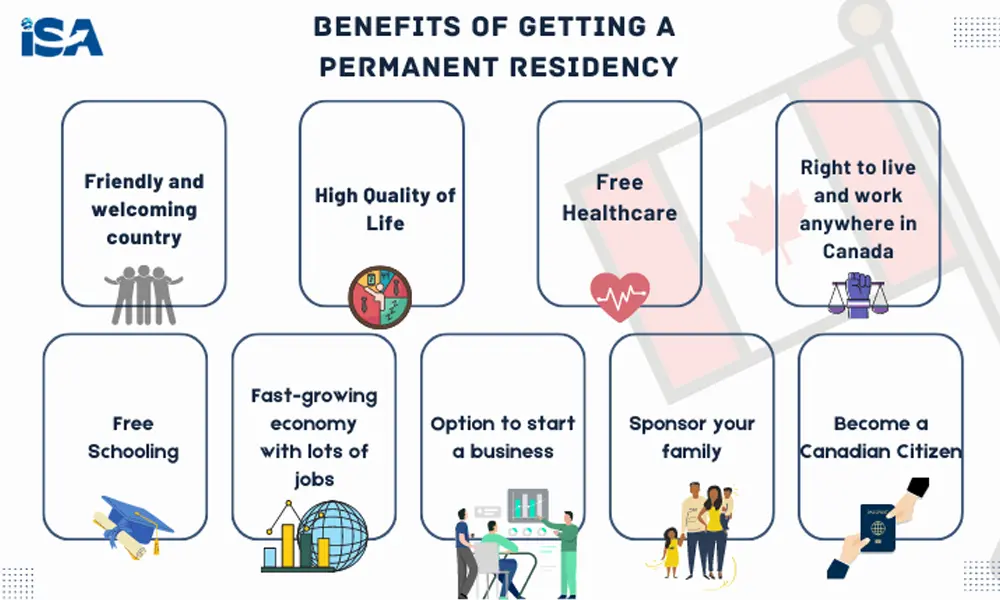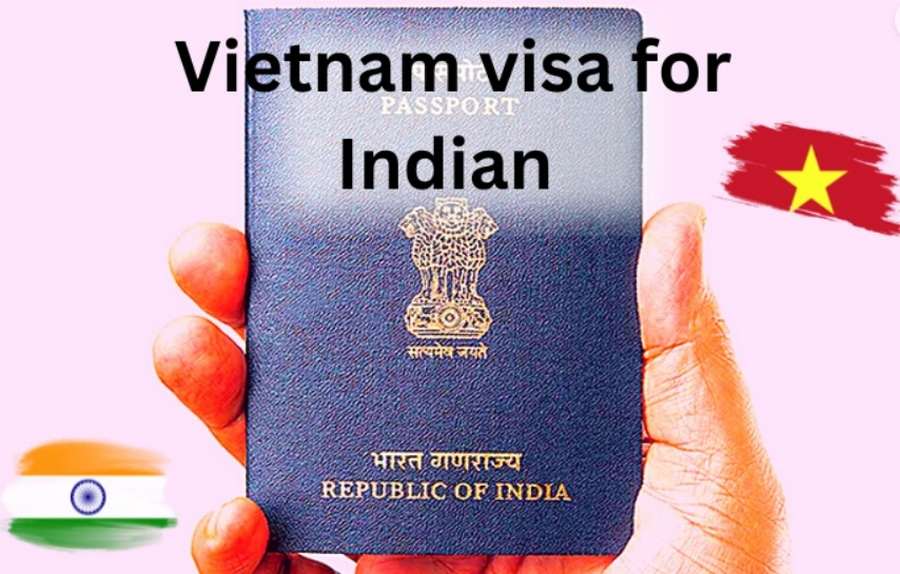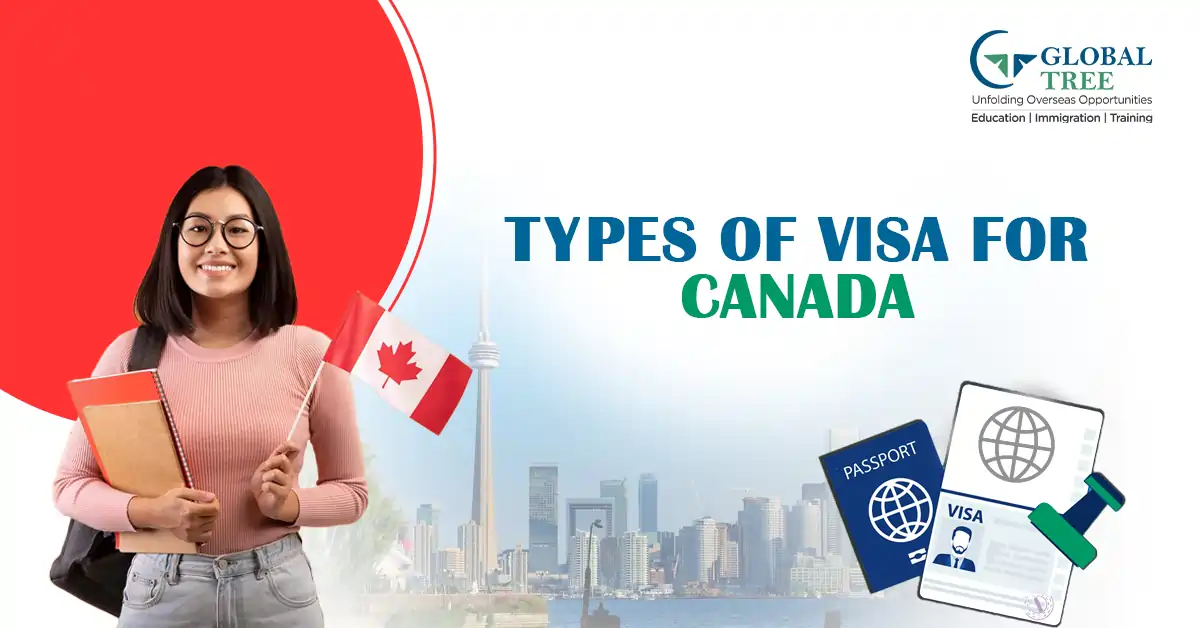Canada is one of the world’s most popular travel destinations, offering a range of opportunities for tourism, business, study, and immigration. To visit or immigrate to Canada, travelers must meet specific visa eligibility criteria. The type of visa a person needs depends on their purpose of visit, and the eligibility requirements can vary based on factors such as nationality, health, financial stability, and criminal background. CANADA VISA ELIGIBILITY The two most common types of Canadian visas are the Temporary Resident Visa (TRV) and the Electronic Travel Authorization (eTA), both of which come with different eligibility requirements.
Eligibility for Temporary Resident Visa (TRV)
A Temporary Resident Visa (TRV) is required for nationals from countries that are not visa-exempt. The TRV allows individuals to visit Canada for short periods, typically for tourism, business, or to visit family and friends. To qualify for a TRV, applicants must meet several criteria: Valid Passport: Applicants must hold a valid passport or travel document that will remain valid for the duration of their stay in Canada. Proof of Financial Support: You must demonstrate that you have sufficient funds to support your stay in Canada, including travel, accommodation, and living expenses. Good Health: Applicants may be required to undergo a medical examination to prove that they do not pose a health risk to Canadians. No Criminal Record: A clean criminal record is essential to being eligible for a TRV. Applicants may need to provide a police certificate. Intent to Return: Applicants must show that they have a strong reason to return to their home country, such as a job, family, or property that ties them to their home country.
Eligibility for Electronic Travel Authorization (eTA)
Citizens of visa-exempt countries can apply for an Electronic Travel Authorization (eTA) instead of a TRV when traveling to Canada. The eTA is a quick and easy online application that grants travelers the authorization to board a flight to Canada. However, it is not a visa and does not permit entry to Canada in all circumstances. The eligibility criteria for an eTA are as follows: Visa-Exempt Citizenship: Citizens from countries that have been granted visa-exempt status by the Canadian government can apply for an eTA. These countries include most European Union nations, the United States, Australia, and New Zealand.
Purpose of Visit: The eTA is only valid for short stays (up to six months) for tourism, business, or transit. If you intend to work, study, or immigrate to Canada, you must apply for the appropriate visa or permit. Valid Passport: An eTA is electronically linked to your valid passport, which must be the same passport used during the application process. Ensure that your passport is valid for at least six months beyond your planned date of departure. Good Health: Although the medical exam requirement is generally not needed for eTA applicants, you should be in good health and not have any medical conditions that would affect your stay in Canada. No Criminal Background: Similar to the TRV, applicants for an eTA must not have a criminal history or past deportations from Canada or other countries.
Eligibility for Study Permits and Work Permits
Those seeking to study or work in Canada must apply for specific permits. Eligibility for these permits depends on the applicant’s intended duration of stay, educational institution or employer, and country of citizenship. The eligibility requirements for study and work permits include:
Study Permits: International students must have an acceptance letter from a recognized Canadian educational institution and demonstrate sufficient funds to cover tuition, living expenses, and return travel. Applicants should also intend to leave Canada upon completion of their studies. CANADA VISA FAQ Work Permits: To qualify for a work permit, applicants need to have a job offer from a Canadian employer and meet specific requirements related to the job type and duration. Some work permits require a Labour Market Impact Assessment (LMIA) from the employer to demonstrate that no Canadian citizens or permanent residents are available to fill the job.
Factors Affecting Visa Eligibility
Several other factors may affect Canada visa eligibility. These include: Financial Stability: Applicants must demonstrate that they can support themselves financially during their stay in Canada. This can include showing bank statements, proof of employment, or sponsorship from a Canadian relative or employer. Previous Travel History: Applicants with a history of traveling to countries with strict immigration laws or previous visa rejections may face additional scrutiny. Compliance with Canadian Laws: If an applicant has previously violated Canadian immigration laws, such as overstaying a visa or being deported, their eligibility for future visas may be compromised.
In conclusion, Canada visa eligibility depends on a variety of factors, including the type of visa or authorization being applied for, the applicant’s nationality, and their personal circumstances. Understanding these requirements ensures that travelers can prepare the necessary documents and fulfill all criteria for a successful application, making their journey to Canada smoother and more efficient.



